Ghana/October 31, 2017/By Iddi Yire/Source: http://www.ghananewsagency.org
Millions of young students in low and middle-income countries face the prospect of lost opportunity and lower wages in later life because their primary and secondary schools are failing to educate them to succeed in life.
Warning of ‘a learning crisis’ in global education, a new Bank report said schooling without learning was not just a wasted development opportunity, but also a great injustice to children and young people worldwide.
The World Development Report 2018: ‘Learning to Realise Education’s Promise’, which was made available to the Ghana News Agency, argues that without learning, education will fail to deliver on its promise to eliminate extreme poverty and create shared opportunity and prosperity for all.
It said even after several years in school, millions of children cannot read, write or do basic math and the learning crisis was widening social gaps instead of narrowing them.
It said young students who were already disadvantaged by poverty, conflict, gender or disability reach young adulthood without even the most basic life skills. “This learning crisis is a moral and economic crisis,” World Bank Group President Jim Yong Kim said.
“When delivered well, education promises young people employment, better earnings, good health, and a life without poverty. For communities, education spurs innovation, strengthens institutions, and fosters social cohesion. But these benefits depend on learning, and schooling without learning is a wasted opportunity. More than that, it’s a great injustice: the children whom societies fail the most are the ones who are most in need of a good education to succeed in life.”
The report recommended concrete policy steps to help developing countries resolve this dire learning crisis in the areas of stronger learning assessments, using evidence of what works and what doesn’t to guide education decision-making; and mobilise a strong social movement to push for education changes that champion ‘learning for all.’
According to the report, when third grade students in Kenya, Tanzania, and Uganda were asked recently to read a sentence such as “The name of the dog is Puppy” in English or Kiswahili, three-quarters did not understand what it said.
It said in rural India, nearly three-quarters of students in grade three could not solve a two-digit subtraction such as “46 – 17”—and by grade five, half still could not do so.
It said although the skills of Brazilian 15-year-olds had improved, at their current rate of improvement they would not reach the rich-country average score in maths for 75 years; adding that in reading, it would take 263 years.
It said these statistics do not account for 260 million children who, for reasons of conflict, discrimination, disability, and other obstacles, were not enrolled in primary or secondary school.
It said while not all developing countries suffer from such extreme learning gaps, many fall far short of levels they aspire to.
It noted that leading international assessments on literacy and numeracy show that the average student in poor countries performs worse than 95 per cent of the students in high-income countries—meaning such a student would be singled out for remedial attention in a class in those countries.
It said many high-performing students in middle-income countries, young men and women who achieve in the top quarter of their group would rank in the bottom quarter in a wealthier country.
The report, written by a team directed by World Bank Lead Economists, Deon Filmer and Halsey Rogers, identifies what drives these learning shortfalls, not only the ways in which teaching and learning breaks down in too many schools, but also the deeper political forces that cause these problems to persist.
The report noted that when countries and their leaders make “learning for all” a national priority, education standards can improve dramatically.
It cited that, from a war-torn country with very low literacy rates in the 1950s, South Korea achieved universal enrollment by 1995 in high-quality education through secondary school, its young people performed at the highest levels on international learning assessments.
It said Vietnam’s 2012 results from an Organisation for Economic Co-operation and Development (OECD) test for high school students in maths, science, and reading called the Programme for International Student Assessment (PISA), showed that its 15-year-olds performed at the same level as those in Germany—even though Vietnam is a much poorer country.
“The only way to make progress is to ‘find truth from facts.’ If we let them, the facts about education reveal a painful truth. For too many children, schooling does not mean learning,” said World Bank Chief Economist, Paul Romer.
Relying on evidence and advice gathered during extensive consultations in 20 countries, with governments, development and research organisations, CSOs, and the private sector.
The report offers three policy recommendations: firstly, it calls for assess learning, so it could become a measurable goal; secondly, it recommends making schools work for all children and thirdly mobilising everyone who had a stake in learning.
“Developing countries are far from where they should be on learning. Many do not invest enough financial resources and most need to invest more efficiently. But it is not only a matter of money; countries need to also invest in the capacity of the people and institutions tasked with educating our children,” said Jaime Saavedra, World Bank’s Senior Director for Education.
Source:
http://www.ghananewsagency.org/education/world-bank-warns-of-learning-crisis-in-global-education-124220

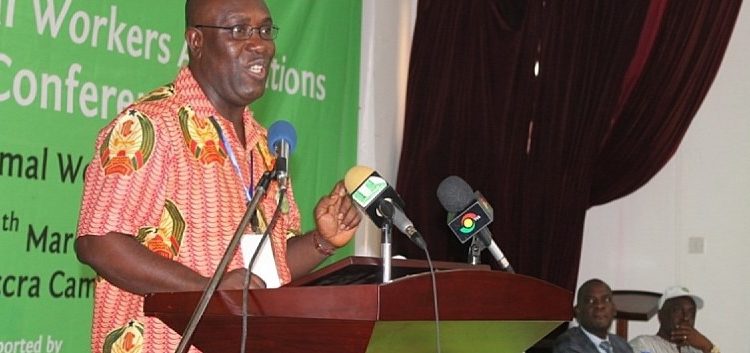
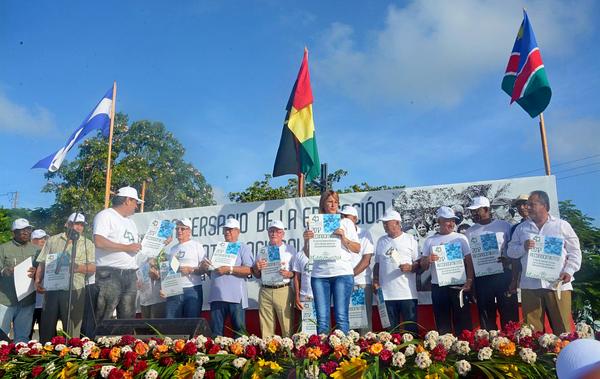

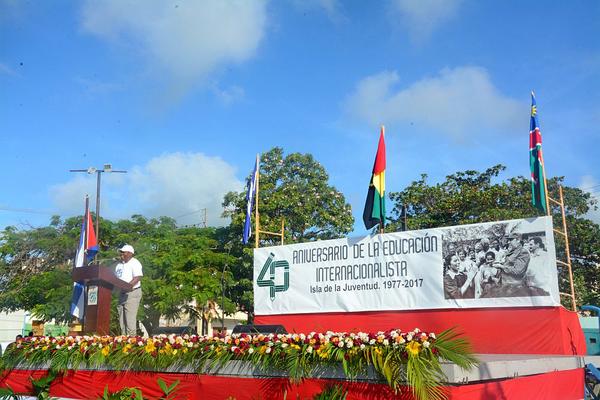
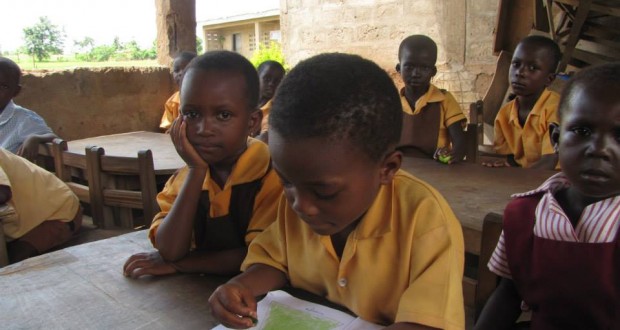
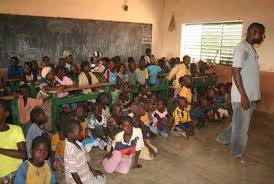








 Users Today : 8
Users Today : 8 Total Users : 35460669
Total Users : 35460669 Views Today : 16
Views Today : 16 Total views : 3419761
Total views : 3419761